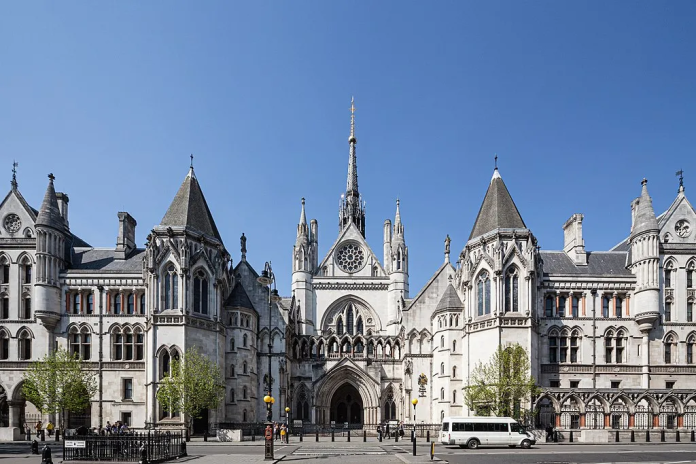The Wikimedia Foundation launched a legal challenge at London’s Royal Courts of Justice on 22 July, arguing that regulations under the UK’s Online Safety Act (OSA) pose an existential threat to Wikipedia’s operational model and volunteer safety, according to Euronews.
Representing the world’s largest crowdsourced encyclopedia, the non-profit organisation contends that being designated a “Category 1 service” under the Act’s Categorisation Regulations would force intrusive verification of UK-based contributors, fundamentally undermining the platform’s open editing principles.
Wikimedia’s counsel specifically targets the threshold that automatically classifies platforms receiving over 34 million UK monthly visits as Category 1 services. Recent analytics indicate Wikipedia attracts approximately 844 million monthly UK visits, comfortably exceeding this benchmark despite the foundation arguing its user engagement differs fundamentally from commercial social media. Phil Bradley-Schmieg, Wikimedia’s lead counsel, emphasised in a blog post:
“We do not dispute the need for sensible online regulation … but for services like Wikipedia to thrive, it is essential that new laws do not endanger charities and public interest projects,” Phil Bradley-Schmieg stated.
The case centres on several critical consequences of Category 1 status. Firstly, Wikimedia argues it would necessitate identifying thousands of UK volunteers who edit anonymously, potentially exposing them to “data breaches, stalking, lawsuits or even imprisonment by authoritarian regimes.”
Secondly, the foundation contests that algorithmic tools like the New Pages Feed and Translation Recommendations – designed to combat harmful content – ironically qualify Wikipedia as using a “content recommender system”, thereby triggering the stricter regulatory classification.
Bradley-Schmieg noted the regulations fail to distinguish between platforms where users passively consume content through “doomscrolling” and Wikipedia’s active, purpose-driven engagement model.
Volunteer safety and global implications
Wikimedia maintains that mandatory identification would dismantle its privacy-preserving editing environment, where volunteers globally can currently contribute without disclosing personal identities. This anonymity proves particularly crucial for editors operating under repressive regimes or covering sensitive topics.
Stephen LaPorte, Wikimedia’s General Counsel, highlighted the case’s broader significance, stating a favourable ruling could set “a global precedent for protecting public interest projects online.”
The foundation also warns that verification systems could inadvertently empower malicious actors. The regulations might enable “potentially malicious” users to block unverified editors from correcting or removing problematic content, potentially leading to “significant amounts of vandalism, disinformation or abuse going unchecked on Wikipedia.”
This presents a paradoxical outcome where legislation intended to enhance online safety might instead degrade content quality on one of the internet’s most trusted resources.
The lawsuit follows several years of unsuccessful negotiations between Wikimedia and UK regulators seeking exemptions for non-commercial, public-interest platforms within the OSA framework. The outcome could profoundly influence how similar digital regulations worldwide treat volunteer-driven knowledge projects, balancing legitimate safety concerns against foundational principles of open collaboration and contributor protection.
